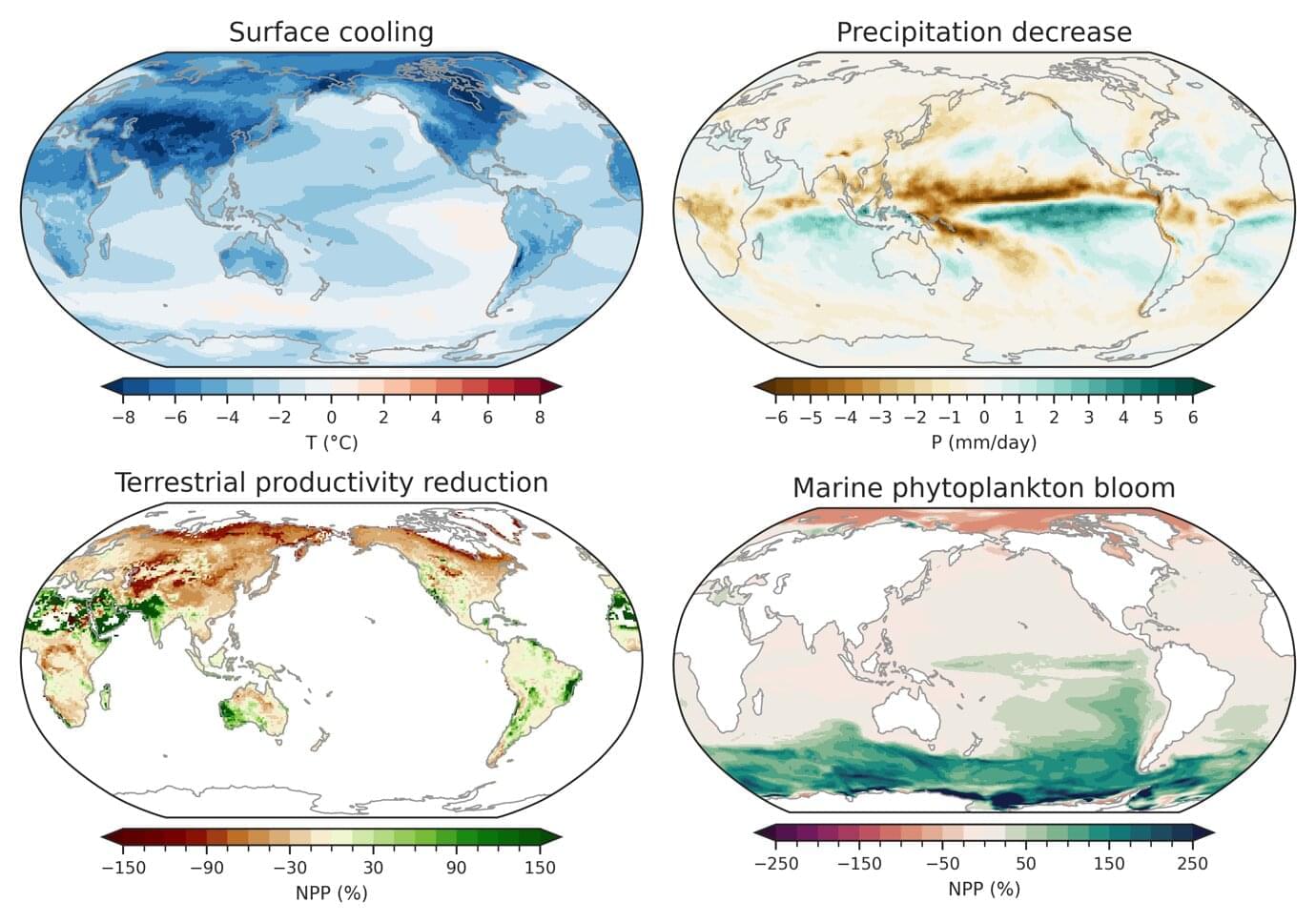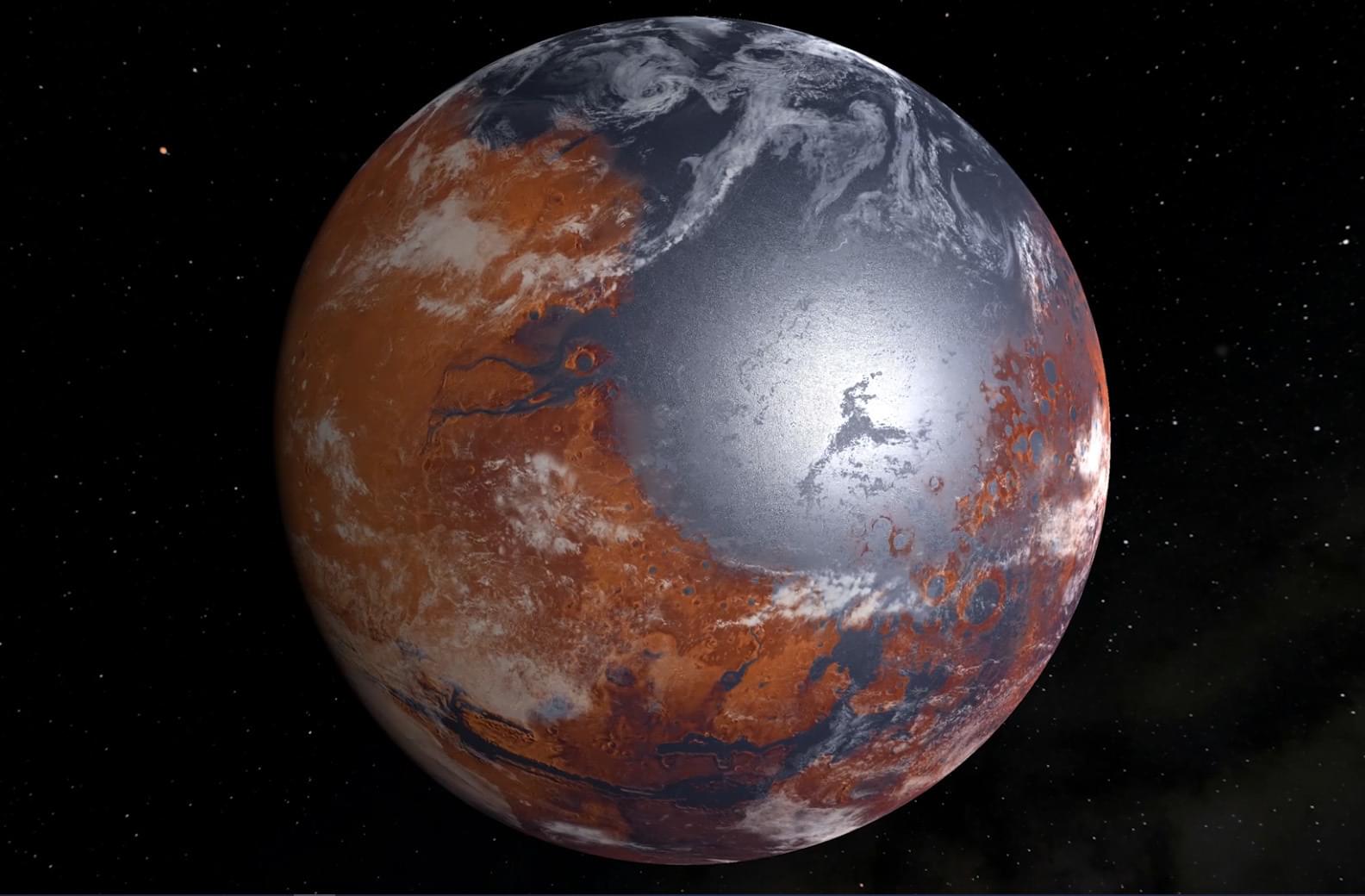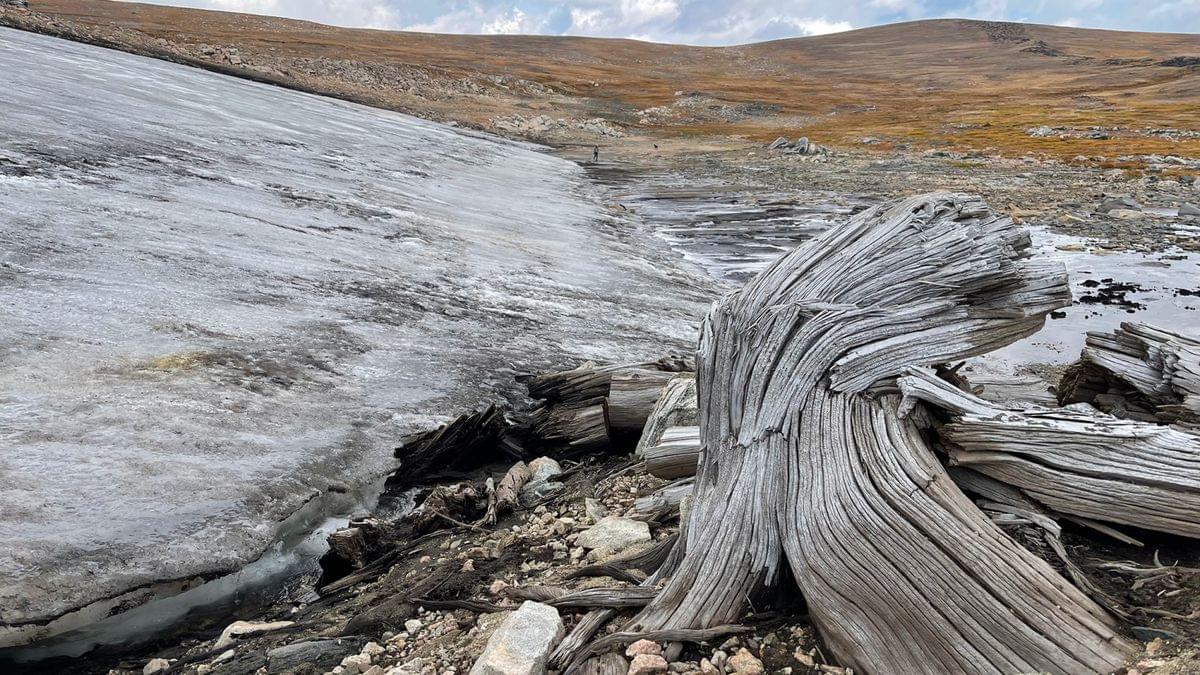MIT researchers developed a new approach for assessing predictions with a spatial dimension, like forecasting weather or mapping air pollution.
Re relying on a weather app to predict next week’s temperature. How do you know you can trust its forecast? Scientists use statistical and physical models to make predictions about everything from weather to air pollution. But checking whether these models are truly reliable is trickier than it seems—especially when the locations where we have validation data don Traditional validation methods struggle with this problem, failing to provide consistent accuracy in real-world scenarios. In this work, researchers introduce a new validation approach designed to improve trust in spatial predictions. They define a key requirement: as more validation data becomes available, the accuracy of the validation method should improve indefinitely. They show that existing methods don’t always meet this standard. Instead, they propose an approach inspired by previous work on handling differences in data distributions (known as “covariate shift”) but adapted for spatial prediction. Their method not only meets their strict validation requirement but also outperforms existing techniques in both simulations and real-world data.
By refining how we validate predictive models, this work helps ensure that critical forecasts—like air pollution levels or extreme weather events—can be trusted with greater confidence.
A new evaluation method assesses the accuracy of spatial prediction techniques, outperforming traditional methods. This could help scientists make better predictions in areas like weather forecasting, climate research, public health, and ecological management.








